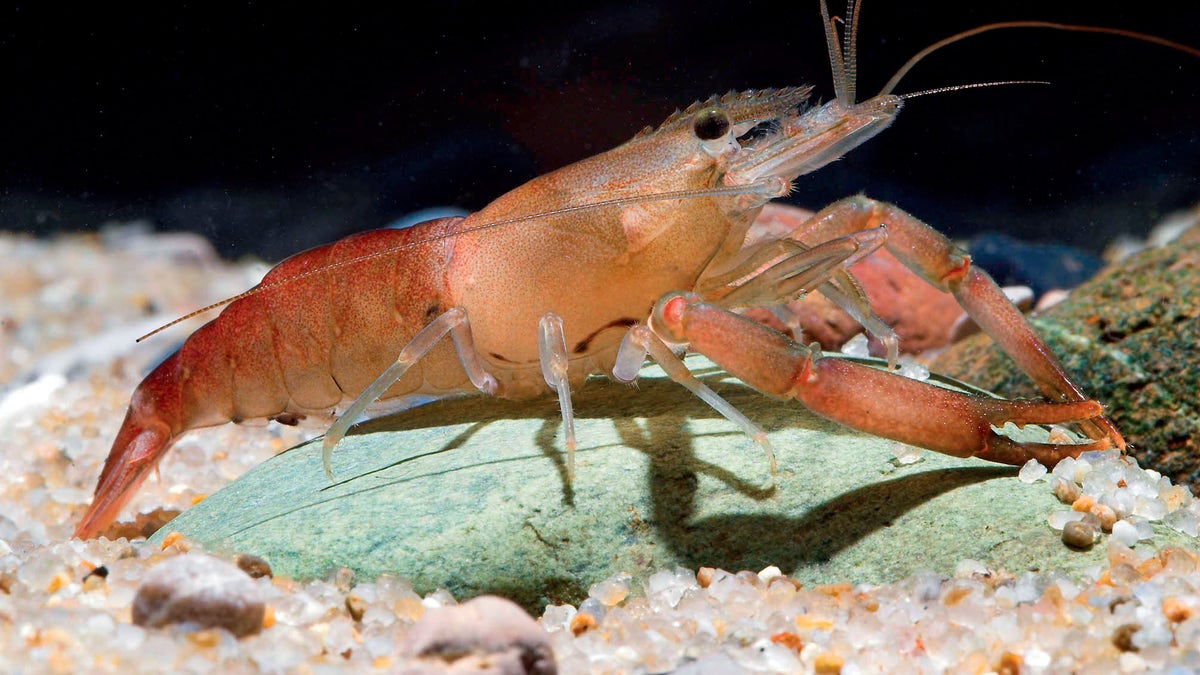
(Werner Klotz / WWF Nepal)
Shrimps around the coasts of Britain are getting high on antidepressants, scientists said Wednesday.
As more Britons take drugs like Prozac, sea life were being exposed to potentially damaging amounts of the chemicals in the country's waterways, researchers at southern England's University of Portsmouth have discovered.
In tests, the small crustaceans were exposed to the same levels of fluoxetine -- the agent in Prozac -- as they found in British waste waters.
Scientists found shrimps were five times more likely to swim toward the light instead of away from it, making them more likely to be eaten by fish or birds.
The change in behavior could potentially devastate the shrimp population.
"Crustaceans are crucial to the food chain and if shrimps' natural behavior is being changed because of antidepressant levels in the sea this could seriously upset the natural balance of the ecosystem," said Dr. Alex Ford from the University of Portsmouth's Institute of Marine Sciences.
"It's no surprise that what we get from the pharmacy will also be contaminating the country's waterways," said Ford, adding that some shrimps were taking on the excreted prescription drugs of whole towns.
Prescriptions for antidepressants have risen rapidly in recent years, according to the Office for National Statistics.
In 2002, there were 26.3 million antidepressant prescriptions handed out by doctors in England and Wales, yet the environmental effect of pharmaceuticals in sewage was largely unexplored.








































